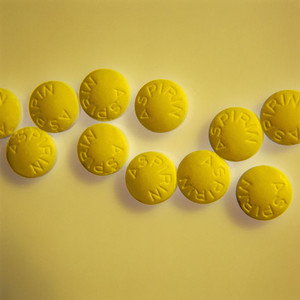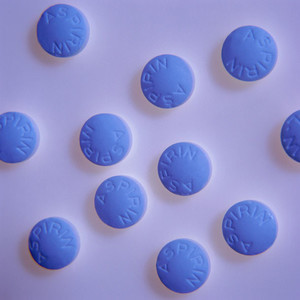With the patent expiry of Pfizer’s blockbuster cholesterol-reducing drug Lipitor (atorvastatin) on 30 November 2011, Pfizer it seems is pulling out all the stops to delay generic erosion of its market share.
Pfizer continues to fight for Lipitor
Generics/News
|
Posted 16/12/2011
 0
Post your comment
0
Post your comment

In an attempt to increase patient brand-loyalty, Pfizer started offering cards to patients already in 2010 that lower insurance co-payments in the US to US$4 a month for a Lipitor prescription. The company is continuing to offer the co-payment cards after the 30 November 2011 patent expiry. Pfizer has also started a ‘Lipitor for You’ programme, which includes the US$4 co-payment card, the option to receive direct delivery of the prescription and periodic emails with health information and reminders to refill Lipitor prescriptions. The programme, which is also available to patients without insurance, will last through December 2012, according to a Pfizer website.
Pfizer has also negotiated deals with drug–benefit plans so the plans are not disadvantaged by continuing to pay for brand-name Lipitor, compared with reimbursing for generics versions, said Pfizer Chief Executive Mr Ian Read in an interview with The Wall Street Journal.
In its latest efforts Pfizer is urging pharmacists to ‘block prescriptions for a generic version of Pfizer’s Lipitor’ in exchange for discounts on the brand-name drug, The New York Times reported. The generics block would remain in effect until the end of May 2012, when Ranbaxy Laboratories’ 180-day exclusivity is expected to expire and additional generic versions can enter the market.
This move by Pfizer, however, has angered pharmacists who believe that this will benefit Pfizer and pharmacy benefit managers at the expense of employers and taxpayers, who may end up paying more than they should for the drug. Pharmacists United for Truth and Transparency, a trade association of 600 independent pharmacists, told Bloomberg that the pharmacy benefit managers’ approach was a ‘blatant attempt’ to ‘retain rebate dollars’ from Pfizer.
Pfizer’s actions have also attracted criticism from US senators, who see this as a way for drug–benefit companies to ‘abuse Medicare to boost their profits’ and as an attempt to push generics out of the market, thereby ‘denying generics alternatives to patients’.
The stakes are high. Lipitor had sales of US$10.8 billion in 2010 alone and has been the world’s best-selling drug for the last 10 years, generating 27% of Pfizer’s income [1].
The US patent on Lipitor expired at the end of November 2011 opening up the market to generic versions of the blockbuster medicine [2]. Ranbaxy Laboratories, with its 6-month exclusivity due to its first-to-file status, along with Watson Pharmaceuticals, who has an authorised generics version, were the first to market [1]. However, with such a lucrative product, many generics manufacturers are expected to market atorvastatin generics once Ranbaxy’s exclusivity period ends, pushing down generics prices and eroding Pfizer’s sales of brand-name Lipitor.
Related articles
Ranbaxy to launch generic atorvastatin on time
Sanofi France to make generic atorvastatin
Pfizer seeks 6-month paediatric exclusivity for Lipitor
Mylan’s attempt to stop Ranbaxy’s Lipitor exclusivity fails
References
1. GaBI Online - Generics and Biosimilars Initiative. Mylan tries to block Ranbaxy’s Lipitor exclusivity [www.gabionline.net]. Mol, Belgium: Pro Pharma Communications International; [cited 2011 December 16]. Available from: www.gabionline.net/Generics/News/Mylan-tries-to-block-Ranbaxy-s-Lipitor-exclusivity
2. GaBI Online - Generics and Biosimilars Initiative. Ranbaxy launches generic atorvastatin in South Africa [www.gabionline.net]. Mol, Belgium: Pro Pharma Communications International; [cited 2011 December 16]. Available from: www.gabionline.net/Generics/News/Ranbaxy-launches-generic-atorvastatin-in-South-Africa
Source: Bloomberg, Pharmacists United for Truth and Transparency, The New York Times, The Wall Street Journal, US Senate
Research
Japan’s drug shortage crisis: challenges and policy solutions
Saudi FDA drug approvals and GMP inspections: trend analysis
The best selling biotechnology drugs of 2008: the next biosimilars targets










Post your comment